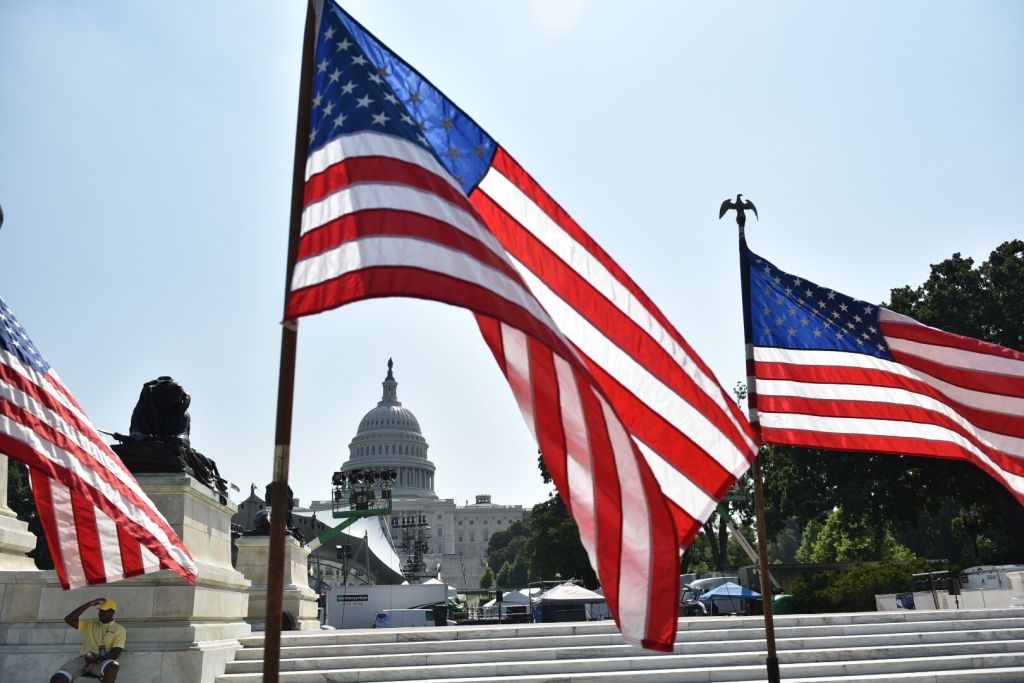by Ari Lieberman
The daunting challenges of confronting symmetrical and asymmetrical threats.

With the conclusion of Operation Northern Shield, Israel’s successful effort to locate Hezbollah-constructed cross-border tunnels, Israeli residents of the north can breathe a sigh of relief. In all, six tunnels of various lengths and complexity were uncovered. While a tense calm prevails in the north, there is still no respite for Israel’s southern residents, particularly for those living in the Gaza periphery who must endure kite terror, periodic rocket attacks and daily violent riots along the border.
Adding fuel to the fire, this week the Gazan-based Palestinian Islamic Jihad unveiled a rocket construction/storage facility housing rockets that the group claims can hit Tel Aviv and beyond. The PIJ alleged that the rocket was designed and developed with assistance from Iran demonstrating once again the Islamic Republic’s malign influence on the world stage.
The PIJ and Hamas, the entity that controls the Gaza Strip, share similar goals and ideologies but their tactics somewhat differ. Both groups are funded by Iran but Hamas is the principle orchestrator and instigator of the ritual weekly riots that occur along the border. Hamas is also the principle schemer behind the systematic effort to cause ecological mayhem in Israel’s south using incendiary balloons. As Gaza Strip’s governing entity, Hamas is constrained by political and military realities and is not as ready to deploy its rocket arsenal as its smaller but no less pernicious ally, the PIJ. Hamas prefers to keep tensions simmering in an effort to maintain relevancy but has no interest in sparking another war that it will surely lose.
Israel holds Hamas responsible for all rocket fire emerging from Gaza. Hamas knows this and has been careful to pull the reins on other affiliate militias within Gaza, whether the PIJ, the Al-Aqsa Martyrs Brigade or some other Salafist group.
Since last March, Israel has had to endure some 1,500 rocket and mortar firings from Gaza. Thanks largely to Iron Dome, Israel’s rocket-intercepting wonder weapon, casualties and property damage have been kept to a minimum. Ironically, the sole fatality during this period was a Palestinian man.
Though Israel’s intelligence community views the prospect of war on any front to be unlikely in the near future, any miscalculation by Israel’s mercurial enemies could conceivably spark a full-scale conflagration. For Israel, the worst case scenario would be three-front war, with Israel facing adversaries in Lebanon, Syrian and Gaza.
Israel’s current strategy is to prevent Iran and its proxy allies from entrenching themselves in Syria thus preemptively negating a third front. The strategy appears to be working thanks to hundreds of precision strikes by Israel against Iranian and Iranian-allied targets in Syria. In an interview with Bret Stephens, the outgoing Israel Defense Forces chief of staff, Gadi Eisenkot, acknowledged that in 2018 alone, Israel had dropped more than 2,000 bombs and precision munitions on enemy targets in Syria.
While no one doubts Israel’s ability to succeed militarily, the Jewish State will also have to win the battle of public opinion. Israel’s enemies, Hamas and Hezbollah, have over the years developed a penchant for preying on the sympathies of gullible Western audiences and mobilizing their useful idiot allies within the Western press to garner sympathetic, and often mendacious reporting.
Israel’s fight for the battle of public opinion has been complicated by the appointment of Jamil Jabak as Lebanon’s health minister. Jabak is a Hezbollah stooge and was hand-picked by the group for this position. In any future conflict, Jabak would serve as Hezbollah’s mouthpiece, releasing fictitious civilian casualty figures to the media while conflating and manipulating casualty data.
During the Second Lebanon War, Hezbollah lost 800 to 1,000 fighters but tried to obfuscate this fact while at the same time overstated civilian casualties. The group notoriously choreographed elaborate hoaxes for Western media, in which ambulances transporting fake “casualties” were observed circling the block with sirens blaring but apparently going nowhere.
The same hoaxes were perpetrated by Hamas during the Operation Cast Lead, Operation Pillar of Defense and Operation Protective Edge. During these conflicts, the Hamas-run Gaza health ministry released fraudulent casualty figures repeated without challenge by many Western media outlets.
The challenges for Israel in terms of winning the battle for public opinion are daunting but certainly not insurmountable. Support for Hamas and Hezbollah has eroded over the years. Just this week, the British parliament voted to remove the fictitious distinction between Hezbollah’s political and military wings and designated the group in its entirety, a terrorist organization. The key for Israel is to act swiftly and decisively to defeat its enemies on the ground. Past experience has shown that world opinion (at least the world opinion that counts) is with Israel in the initial phases of conflict but erodes when it drags on. Israeli leaders are cognizant of this and this will certainly factor into the decision-making process when Israel orders its military to action against its genocidal enemies.
Ari Lieberman is an attorney and former prosecutor who has authored numerous articles and publications on matters concerning the Middle East and is considered an authority on geo-political and military developments affecting the region.
Source: https://www.frontpagemag.com/fpm/273003/israels-three-front-war-scenario-ari-lieberman
Follow Middle East and Terrorism on Twitter



